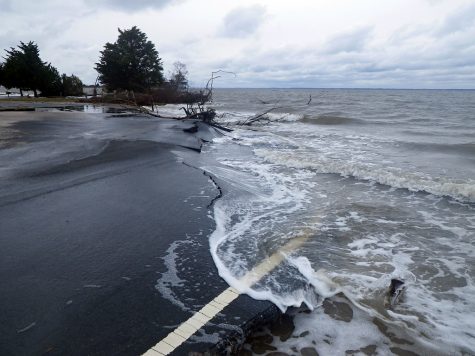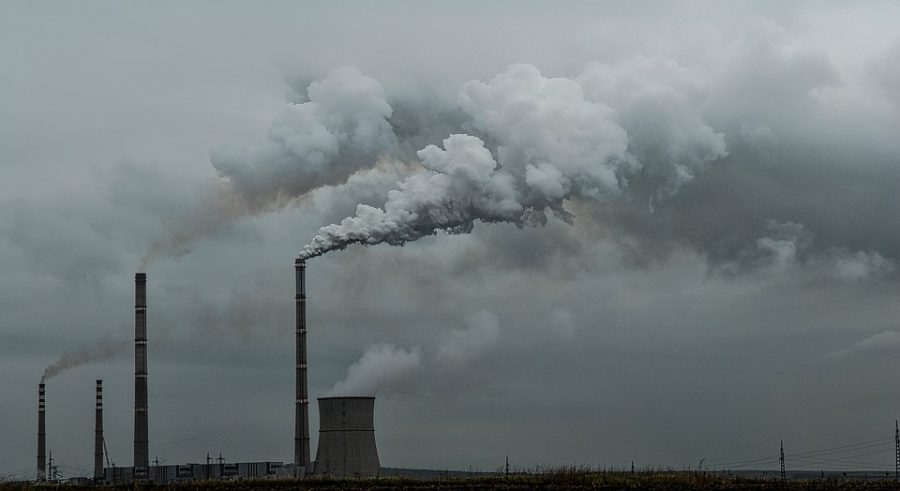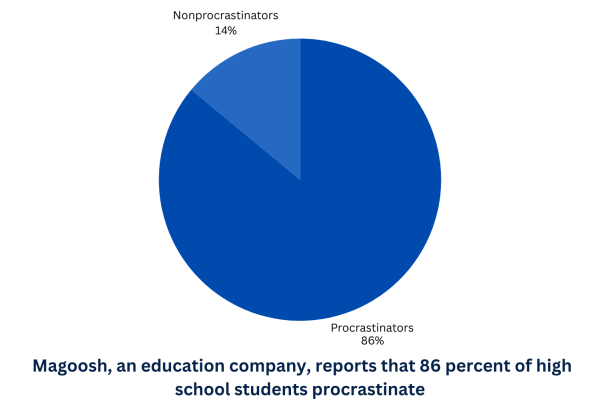If a tree falls
Carbon emissions are proven to be one of the leading causes of climate change; they are part of the reason why sea levels have risen over Nuatambu Island.
If a tree falls in a forest and no one is around to hear it, does it make a sound?
In May of 2016, Nuatambu Island, an island in Choiseul Province of the Solomon Islands in the South Pacific, sank. Not a portion of an island, not a beachfront nor a peninsula, no. This sinking wasn’t caused by a hurricane or devastating tropical storm. In May of 2016, an island of 25 families, 11 homes and one local church vanished off the face of the earth because of rising sea levels, according to the Associated Press. In fact, conduct a simple search of “Nuatambu Island” on Google — you’ll find a Wikipedia page that reads “Nuatambu was an island in the Solomon Islands.” Nuatambu Island no longer is; it was.
And it did make a sound — but no one said a word.
Barren rainforests, rising tides, warming waters and extreme temperatures: All of our lives, we have known these consequences to be the hard and ugly truths of global climate change. However, the harder, and arguably uglier truth, is that global climate change will likely never impact who we are or where we live. An entire island sank within the Solomon Islands just under three years ago and people still today have never even heard a ripple of its existence.
We live in a country that, for decades, has maintained the privilege of environmental adaptation. Simply put, the United States has the economy, the industry, the innovation, the ability to adapt to environmental crises.

Slow-rising sea levels have caused the people of Nuatambu Island to relocate without much acknowledgement from other countries.
Nuatambu Island, and handfuls of islands like it, did not.
Yes, it’s ugly and it’s true: Nuatambu Island is not the only island to sink due to rising sea levels. According to The Guardian, islands with and without inhabitants have been sinking since the early 2000s, and they have made sounds. Ever since the 20th century, millions of people across the world have been kicking and screaming for environmental justice. However, it is the countries that have polluted our oceans, destroyed our atmosphere and melted our glaciers that ignore them.
One cannot deny the significance wealth plays into safety from environmental crises. For two years, the Philippines have been reporting substantial land loss due to rising sea levels, according to the Philippine Statistical Office, yet countries across the world have done next to nothing to aid them, nor address the rising tides — why would they? The presence (or lack thereof) of the Solomon Islands, the Philippines, Indonesia and islands like it, have little to no impact on the American economy, nor the Chinese economy, the Arab League and the list goes on.
When another “miniscule” country succumbs to the horrid effects of global climate change, the U.S., and powerheads like it, do not have to do anything.
Throughout my life, I have always wondered what I would do in the face of international crises. Yet, heartbreakingly enough, I don’t have to wonder anymore because here and now we are living in a time of crisis for our climate. This is the movement of our time, the soon-to-be passages in our history books, telling future generations that yes, an island sank; we destroyed our forests, our ecosystems; we put oil in our oceans and trash in our parks.
But we have the power to add to history books, to tell about how maybe millions of children, teenagers, young adults stood up because their governments wouldn’t. We have the power to nurse our environment back to health. We have the power to produce change.
If a tree falls, and everyone hears it, and everyone knows what it means, what it symbolizes, what consequence it brings, then maybe we should stop wondering if it merely makes a sound. Maybe it’s time to start listening.










